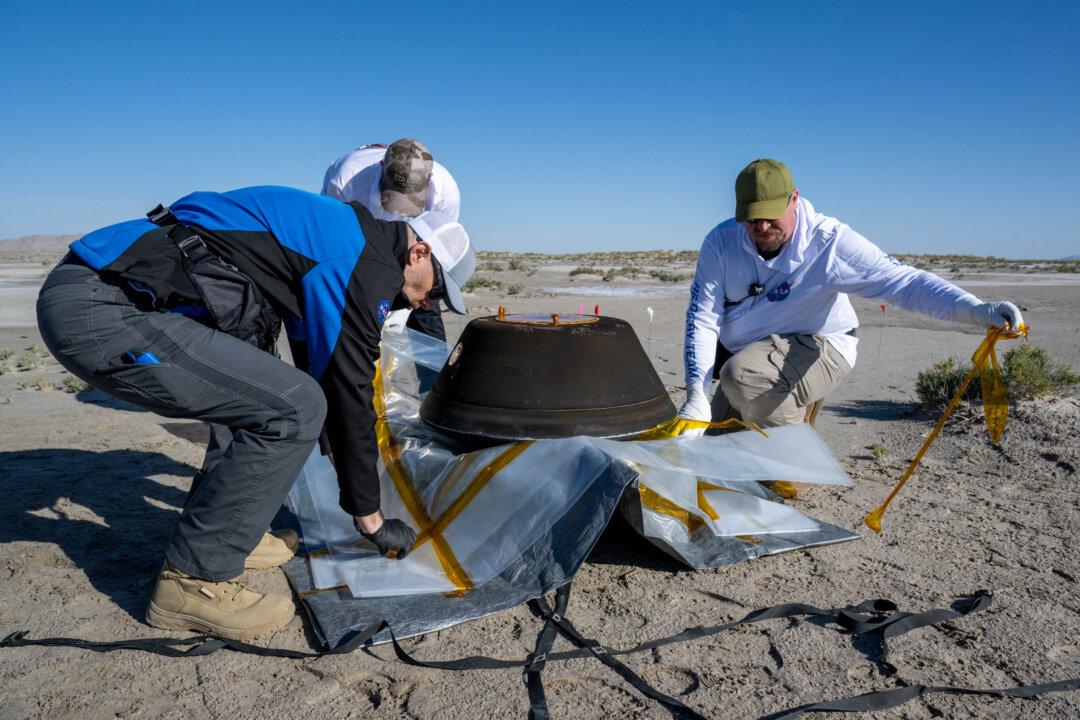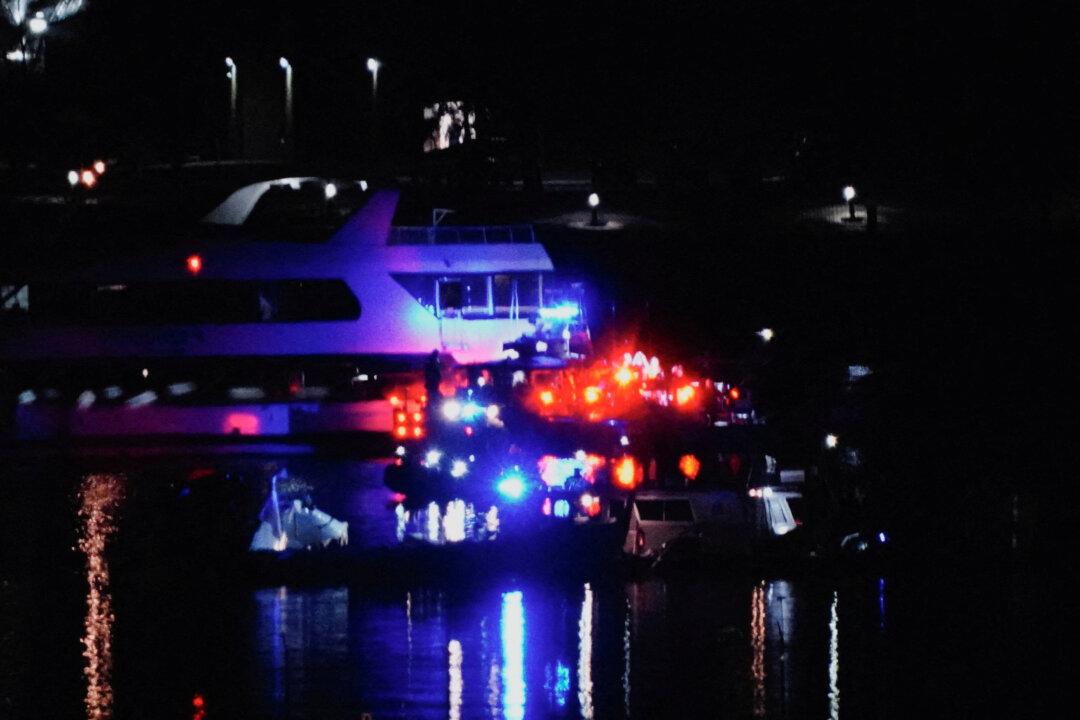SYDNEY—Australia on Dec. 2 criticized the treatment of a Chinese-born Australian writer detained by Beijing for almost a year and called for more details on his case.
Foreign Minister Marise Payne said she was “very concerned” by reports from Australian consular officials who recently visited Yang Hengjun and said he was being detained under “unacceptable” conditions, including isolation and daily interrogations, sometimes while shackled.
The public rebuke is likely to draw a negative response from China, which imports more than one-third of Australia’s total exports. Previous diplomatic spats have resulted in disruptions to coal exports and wine shipments.
Prime Minister Scott Morrison said the welfare of an Australian citizen was paramount, adding that his country had been raising concerns about Yang’s imprisonment “for some time.”
“Australia always has to stand up for our citizens, and we have to be true to who we are as a people,” Morrison told reporters in Canberra.
Beijing has bristled previously when Australia has publicly raised the case of Yang, a former Chinese diplomat turned online journalist and blogger, who was formally arrested by Chinese authorities in August on suspicion of espionage, seven months after he was originally detained in the southern city of Guangzhou.
Espionage is punishable by death in China.
Although Yang’s more recent writings had mostly avoided Chinese politics, he became prominent in the early 2000s when he earned the nickname “democracy peddler.”
Morrison said Australia wanted to see clear details of the case against Yang, and to ensure that he had access to his lawyers and family members.
One of Yang’s Australian lawyers, Sarah Condon, said China’s Ministry of State Security was giving 54-year-old Yang several medications daily because they had diagnosed high blood pressure and kidney function issues.
Tensions
Morrison commented on the case as he announced that Australia will spend A$87.8 million ($59.58 million) to create a new taskforce to tackle foreign interference.The Australian leader did not specifically cite China, but Canberra has become increasingly wary about Beijing’s influence within Australia and across the Pacific.
Earlier this year, Reuters reported Canberra had determined that Beijing was responsible for a cyber-attack on Australia’s parliament and three largest political parties, just months out from an election.
China denied it was behind the attack. It last month refused two Australian lawmakers visas to enter China.





